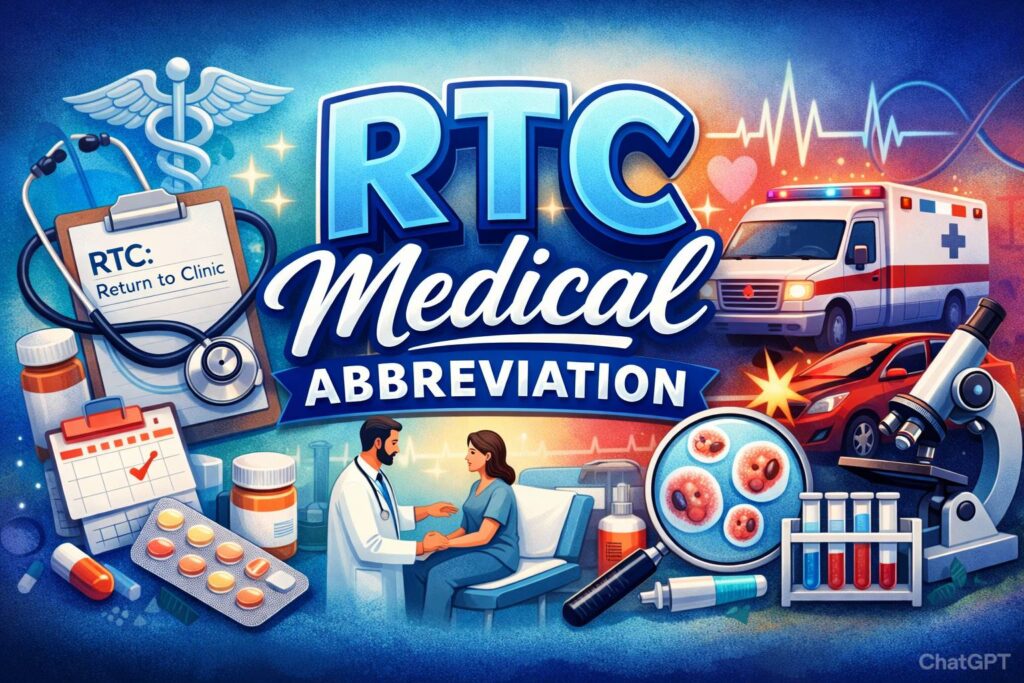Importance of Prompt Action in Personal Injury Claims

Introduction to Timeliness in Personal Injury Claims
Timely action is crucial in personal injury claims to preserve evidence, meet legal deadlines, and secure fair compensation. Delays can jeopardize a claim, making it essential for victims to act promptly. This article explores the importance of timely action and the steps involved in pursuing a personal injury claim.
Statutes of Limitations
- Definition
- A statute of limitations is a legal deadline for filing a personal injury lawsuit. It varies according to jurisdiction and the type of harm.
- Typical Time Frames
- Most personal injury claims must be filed within one to three years from the date of injury, though this can vary.
- Exceptions
- Certain circumstances, such as the discovery of injury or the victim being a minor, can extend the statute of limitations.
Steps to Take Immediately After an Injury
- Seek Medical Attention
- Prioritize medical care to document injuries and receive necessary treatment.
- Report the Incident
- Report the incident to relevant authorities, such as the police or an employer, to create an official record.
- Collect Evidence
- Gather evidence at the scene, including photographs, witness statements, and contact information.
Consulting with a Personal Injury Attorney
- Initial Consultation
- Schedule a consultation with a personal injury attorney to discuss the details of your case and evaluate its merits.
- Case Evaluation
- The attorney will assess the viability of your claim based on the evidence and applicable law.
- Retaining an Attorney
- Retaining an attorney early can help ensure timely action and adherence to legal procedures.
Preserving Evidence
- Importance of Timely Evidence Collection
- Evidence can deteriorate, be lost, or become less reliable over time.
- Steps to Preserve Evidence
- Secure physical evidence, obtain medical records, and document injuries and damages promptly.
- Witness Testimony
- Contact witnesses as soon as possible to obtain accurate statements while their memories are fresh.
Filing an Insurance Claim
- Prompt Notification
- Notify your insurance company and the at-fault party’s insurer about the accident and your intent to file a claim.
- Providing Documentation
- Submit relevant documentation, such as medical records and proof of damages, to support your claim.
- Cooperation with Insurers
- Cooperate with insurance adjusters but be cautious about providing statements without legal advice.
Negotiating a Settlement
- Early Negotiations
- Engage in settlement negotiations early to potentially resolve the claim without litigation.
- Presenting a Strong Case
- Use collected evidence to present a compelling case during negotiations.
- Attorney’s Role
- An attorney can negotiate on your behalf to achieve a fair settlement.
Filing a Lawsuit
- Preparation
- If a settlement cannot be reached, your attorney will prepare to file a lawsuit within the statute of limitations.
- Complaint
- The complaint formally initiates the lawsuit, outlining the allegations and damages sought.
- Discovery Phase
- The discovery phase involves exchanging evidence and information between parties.
The Impact of Delays
- Evidence Deterioration
- Delays can lead to the loss or deterioration of critical evidence.
- Witness Availability
- Witnesses may become unavailable or their memories may fade, weakening your case.
- Legal Deadlines
- Missing the statute of limitations can result in the dismissal of your claim.
Benefits of Timely Action
- Stronger Evidence
- Prompt action helps preserve strong, reliable evidence.
- Increased Chances of Success
- Timely action increases the likelihood of a successful outcome, whether through settlement or litigation.
- Peace of Mind
- Acting promptly can provide peace of mind, knowing that your case is being handled efficiently.
Conclusion
Timely action is essential in personal injury claims to preserve evidence, comply with legal deadlines, and secure fair compensation. From seeking immediate medical attention to consulting with an attorney and filing necessary claims, each step must be taken promptly to protect your rights and strengthen your case. Working with an experienced personal injury attorney can help ensure that all actions are taken in a timely manner, maximizing the chances of a successful outcome.



















































































































































































































































































































































































































































































































































































